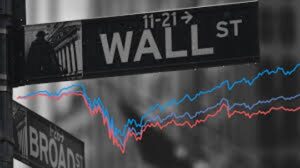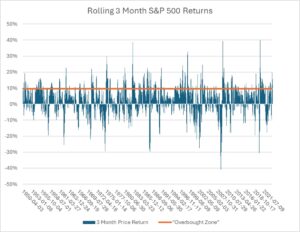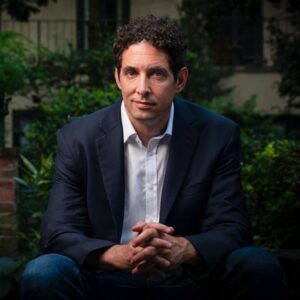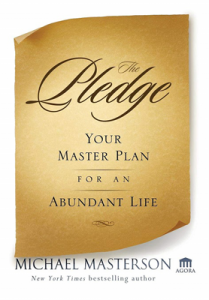
Old Men Worrying About the Future:
Three Predictions We Won’t Live to See
I got into an email chat with my Myrtle Beach crew that got briefly serious. In a single afternoon, we covered the economic, political, and social future of our country. Plus overpopulation. Plus global warming.
I thought the conversation was brilliant. On every topic, the group differed, with about a third presenting a pessimistic view of the future, a third feeling optimistic, and a third admitting they had no idea. Lots of good points were made. But I’ll just give you my best recollection of what I said:
Global Warming
The globe may continue to warm for some time, and that may change our climate and our topography to a significant degree. But it won’t end the world. Nor will it end the presence of Homo sapiens. As the physical world changes, population densities and lifestyles will adapt, aided by technology that will allow human beings to continue to be an important part of Earth’s ecosystem for hundreds or thousands of years. Which is, even in my most forward-caring moments, all I can bring myself to worry about.
Overpopulation
Our more urgent concerns were for our children and grandchildren, with overpopulation seen by many in the group to be a major issue. But for much of the world, and most of the developed world, populations are shrinking. And to my mind, that is going to be a bigger problem than overpopulation for our children and grandchildren – perhaps the most serious economic and cultural challenge they will face.
Life and Lifestyle in the Future
My feeling is that there is a 50% to 60% chance that we will nuke ourselves into oblivion in the next 10 to 20 years. If, however, we can avoid doing that, technological advances that are already underway (e.g., robotics and AI) will change the human experience drastically. The world will no longer be comprised of have and have-not countries. Hunger and abject poverty will be problems of the past, violent crime will be rare, and most other forms of crime will cease to exist.
But what will also cease to exist will be personal privacy and liberty.
This will happen because everyone on the planet will be monitored, 24/7, by ubiquitous cameras, microphones, and other sensors (including some embedded in their bodies) that will feed millions of bits of data about everything they do and say into remote monitoring systems that will provide the government (and who knows who else) with almost instantaneous reports on their actions, statements, and (quite possibly) even their thoughts.
Along with the disappearance of personal liberty and privacy, the appreciation of independent and especially contrarian forms of thinking will be gone. Humans will gradually and happily give up their freedom to be and think differently in return for comfort, safety, and predictability in their lives.






